#84 — Why My Brain Isn’t Working (Like It Should) ** September 30, 2015
Host // Kelly Brogan, MD
 We’re a nation besieged with brain damage. Cognitive problems, Alzheimer’s, Parkinson’s, Multiple Sclerosis. Autism. ADHD. Check out the mind boggling index of the National Institute of Neurological Disorders and your brain will surely hurt.
We’re a nation besieged with brain damage. Cognitive problems, Alzheimer’s, Parkinson’s, Multiple Sclerosis. Autism. ADHD. Check out the mind boggling index of the National Institute of Neurological Disorders and your brain will surely hurt.
This is not something that luminosity.com can handle.
Neither can conventional neurologists. They just don’t have much to offer patients beyond a diagnosis. Part of the problem? It is a failure to recognize, honor, and treat the gut-brain connection.
Enter Dr. Datis Kharrazian, a humble, heart-centered brainiac who has brought the art of diagnosis back into the holistic arena and brought holism to the diagnostics of the conventional realm. In his acclaimed and densely referenced book Why Isn’t My Brain Working? he takes us on a tour of modern day insults to the brain and what to do about it.
- Learn about vital bodily connections that hold the key to brain recovery
- What are the first signs of neurodegeneration?
- What are three ways to heal your gut-brain connection?
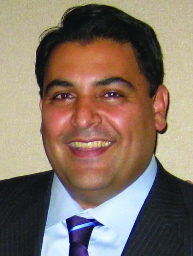 Datis Kharrazian, DHSc, DC, MS, MNeuroSci, FAACP, DACBN, DABCN, DIBAK, CNS is one of the leading experts in non-pharmaceutical applications to chronic illnesses, autoimmune disorders, and complex neurological disorders. Patients from all over the world fly to his San Diego practice for guidance, knowledge, and inspiration, including the application of natural medicine alternatives to help them improve their quality of life. Dr. Kharrazian has become the referral source for many doctors nationally and internationally when their cases become too complex to evaluate and diagnose. He is one of the most sought after educators in natural medicine, laboratory analysis, and nutrition. Dr. Kharrazian has personally trained several thousand healthcare professionals and currently has educated a group of more than a dozen exceptional doctors to lecture nationally in order to meet the demands for education in his patient management model.
Datis Kharrazian, DHSc, DC, MS, MNeuroSci, FAACP, DACBN, DABCN, DIBAK, CNS is one of the leading experts in non-pharmaceutical applications to chronic illnesses, autoimmune disorders, and complex neurological disorders. Patients from all over the world fly to his San Diego practice for guidance, knowledge, and inspiration, including the application of natural medicine alternatives to help them improve their quality of life. Dr. Kharrazian has become the referral source for many doctors nationally and internationally when their cases become too complex to evaluate and diagnose. He is one of the most sought after educators in natural medicine, laboratory analysis, and nutrition. Dr. Kharrazian has personally trained several thousand healthcare professionals and currently has educated a group of more than a dozen exceptional doctors to lecture nationally in order to meet the demands for education in his patient management model.
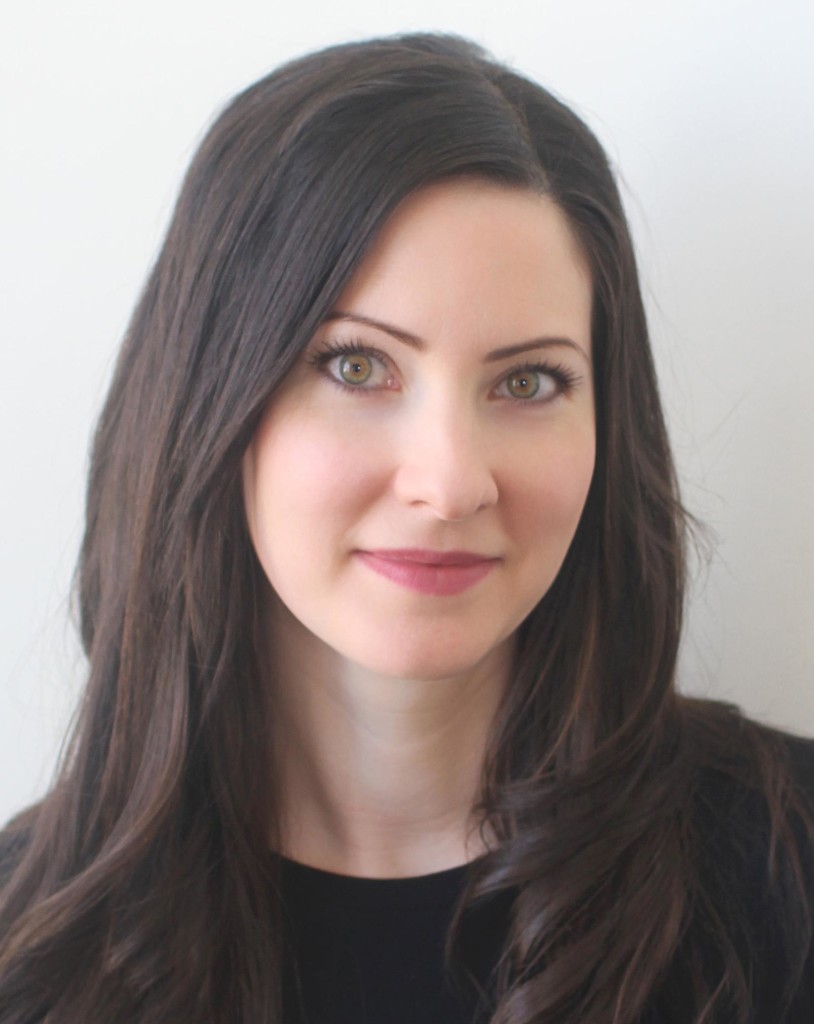 Kelly Brogan, MD is Medical Director of Fearless Parent and mom of two. She is board certified in Psychiatry, Psychosomatic Medicine, and Integrative and Holistic Medicine. Holistic living, environmental medicine, and nutrition are the bedrock of her functional medicine practice. She serves as medical advisor to GreenMedInfo, Pathways to Family Wellness, and Fisher Wallace. Kelly holds degrees from MIT and Cornell Medical School.
Kelly Brogan, MD is Medical Director of Fearless Parent and mom of two. She is board certified in Psychiatry, Psychosomatic Medicine, and Integrative and Holistic Medicine. Holistic living, environmental medicine, and nutrition are the bedrock of her functional medicine practice. She serves as medical advisor to GreenMedInfo, Pathways to Family Wellness, and Fisher Wallace. Kelly holds degrees from MIT and Cornell Medical School.

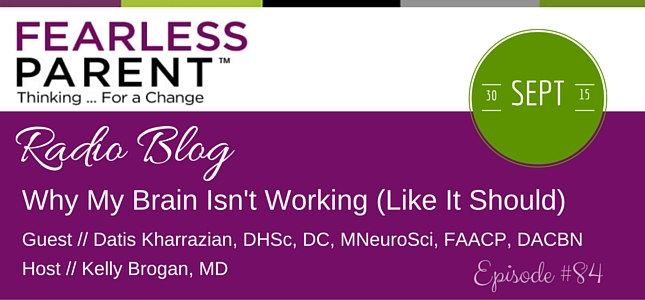





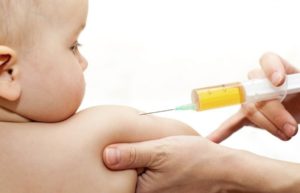

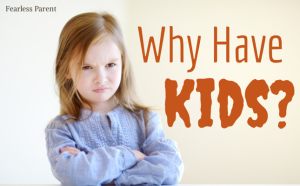


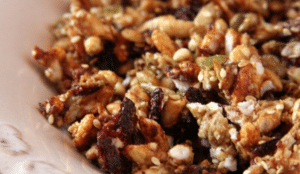
I found this talk fascinating because I have an autoimmune disorder (temporal
Arteritis along with Polymyalgia rheumatica) for the past 7 years. I started out with high doses of Prednisone which left me catatonic I am now almost off it but I’m suffering the effects of, I was put on Actemra which brought my inflammation down so that I could come off the prednisone. I just suffer from fatigue now and would like to know if one of the doctors that you have trained is in the Los Angeles/Santa Monica area. Diet is major and I’m very strict about it.
I’ve been following Datis’ work for a while now. He rocks!
I liked his ideas about creating healthy brains in kids. Though as a holistic psychotherapist, I had an image of parents rushing out to schedule their kids in lots of after-school classes and sports without any unstructured down time, in an effort to grow their brains. But research shows us that too much structured time is not good for developing brains and psyches. It’s super important for kids to have unstructured time to engage in expansive fantasy play so that they can develop into adults who can self-direct, self-modulate and be curious, critical thinkers. Unstructured time to explore and stretch your imagination and bump up against your limitations and problem solve on your own – all those things very much grow healthy brains, as well. (Side note: parents who jump in and do for their kids all the time really arrest the crucial skills we need in all of our lives of frustration tolerance and self-soothing. We need these skills to achieve goals and not give up when we bump up against small frustrations or obstacles, and to maintain healthy relationships, to name a couple of things. The over-scheduling of and over-doing for our kids in an effort to “help,” is impacting a generation, we’re now seeing. Point being: it’s a balance! (Btw, I do believe we are all beautifully interdependent and connected, so I’m not advocating total independence, there is no such thing! But, IMO, we need to develop a healthy sense of “me” so we can develop a healthy, differentiated and connected sense of “we.”)
Phew! Soap box dismounted!
I really appreciate you, too, Kelly. You also rock!